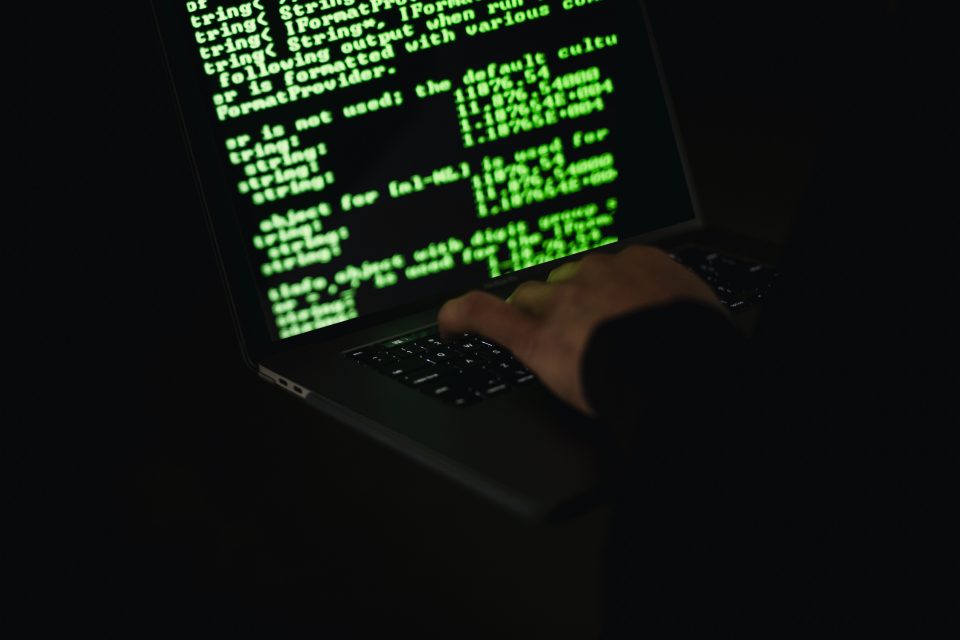KUALA LUMPUR, June 16 — The drafting of the Cyber Security Bill is seen to be timely in the current digital era, especially in accommodating and coordinating the existing group of related legislation, however, a clear definition of the term cyber security needs to be established for the purpose.
Malaysia Cyber Consumer Association (MCCA) president Siraj Jalil said this was because aspects of security and cybercrime were not only related to hacking activities, data leaks and cyber fraud but also to the use of social media platforms and issues of integrity.
“In the past, the Computer Crimes Act 1997 was more related to intrusions into Internet and telecommunication networks, but today, the aspect of cyber security has transcended this, for example on social media platforms with regard to cyberbullying, which creates an unsafe environment in the cyber world itself.
“We do not want to limit cyber security as if it were only an issue of hacking and system exploitation. It also cuts across issues of integrity in this aspect, for example, people who are given the responsibility of managing IT systems in organisations may sell data to third parties,” he told Bernama.
Yesterday, Prime Minister Datuk Seri Anwar Ibrahim said the National Cyber Security Committee had decided that the Bill in question be drafted immediately, to ensure all relevant aspects of legislation can be finalised.
He said the Bill would give the National Cyber Security Agency (Nacsa) clear legal authority to regulate and enforce laws related to cyber security and improve the effectiveness of its functions.
Siraj also suggested the government include a special licensing method in the Bill for companies that offer cyber security services.
This is to ensure that companies offering services in the field prioritised the protection of user data, thus facilitating the monitoring and regulation of the companies in question.
“We do not want the people to understand that this cyber security legislation is only used for certain industry groups, we want it to be comprehensive and encompassing up to the user level,” he said.
Fellow and chair of Information Technology Computer Science at the Academy of Sciences Malaysia Prof Datuk Mohamed Ridza Wahiddin also feels the drafting of the Bill is important, s there are significant loopholes in the existing legislation that allow cyber crime to be rampant.
“For example, the Personal Data Protection Act 2010, now there are matters involved besides commercial transactions that are not taken into account, that’s an example of what I mean by loopholes,” he said.
Currently, in Malaysia, cyber security is regulated by several key legislations such as the Computer Crimes Act 1997, the Communications and Multimedia Act 1998, the Malaysian Penal Code and the Personal Data Protection Act 2010.
— Bernama





